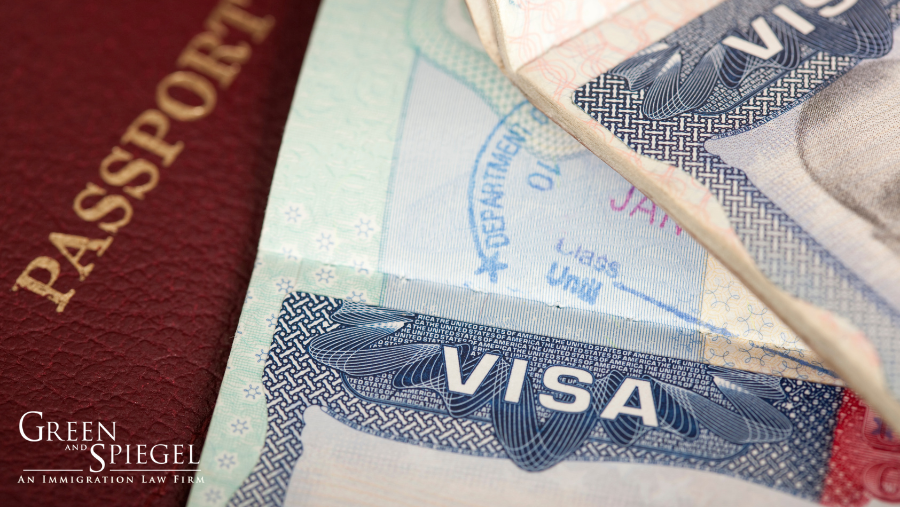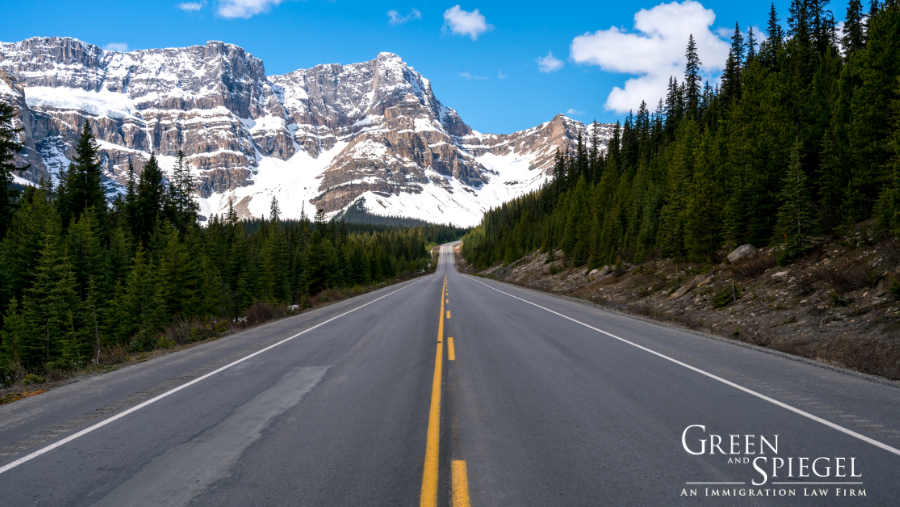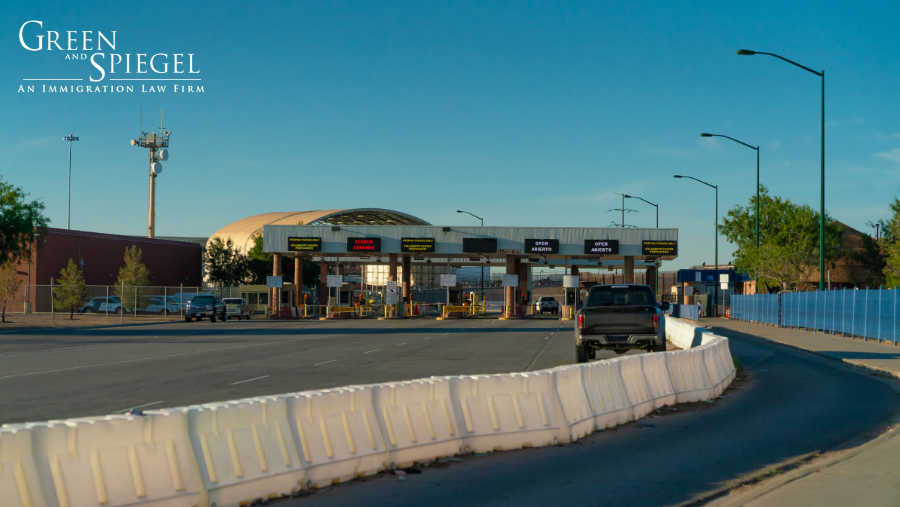Late on December 31, 2020, President Trump issued a proclamation continuing Proclamations 10014 and 10052, which suspended the entry of certain immigrants and nonimmigrants into the United States as a result of the COVID-19 pandemic. The proclamations have been continued until March 31, 2021. Proclamation 10014, which imposed limitations on the issuance of immigrant visas, was issued on April 27, 2020, and banned the entry of individuals who:
- Were outside the United States on the effective date of the proclamation;
- Did not have an immigrant visa that was valid on the effective date of the proclamation; and
- Did not have an official travel document other than a visa that was valid on the effective date of the proclamation or issued on any date thereafter that would permit the individual to travel to the United States and seek entry or admission.
Proclamation 10052, issued on June 24, 2020, extended 10014, and further restricted the following employment-based, nonimmigrant categories:
- H-1B or H-2B visa, and any individual accompanying or following to join such individual;
- J visa, to the extent the individual would be participating in an intern, trainee, teacher, camp counselor, au pair, or summer work travel program, and any individual accompanying or following to join such individual; and
- L visa, and any individual accompanying or following to join such individual.
However, Proclamation 10052 only applied only to an individual who:
- Was outside the United States on the effective date of the proclamation, June 24, 2020;
- Did not have a nonimmigrant visa valid on the effective date of this proclamation; and
- Did not have an official travel document other than a visa valid on the effective date of the proclamation or issued on any date thereafter that would permit the individual to travel to the United States and seek entry or admission.
Also, the restrictions of Proclamations 10014 and 10052 do not apply to:
- Any lawful permanent resident of the United States;
- Any individual who is the spouse or child, of a United States citizen;
- Any individual seeking to enter the United States to provide temporary labor or services essential to the United States food supply chain; and
- Any individual whose entry would be in the national interest as determined by the Secretary of State, the Secretary of Homeland Security, or their respective designees.
In addition to the above-noted exceptions to Proclamation 10052, there is also an exception for named plaintiffs in a federal suit, National Association of Manufacturers v. Department of Homeland Security (NAM), which enjoined the government from enforcing section 2 of Proclamation 10052 against named plaintiffs and members of the plaintiff associations. The named plaintiffs include the National Association of Manufacturers, the U.S. Chamber of Commerce, the National Retail Federation, TechNet, and Intrax, Inc. Therefore, any J-1, H-1B, H-2B, or L-1 applicant who is either sponsored (as an exchange visitor) by, petitioned by, or whose petitioner is a member of, one of the above named organizations is no longer subject to PP 10052’s entry restrictions.
Citing the ongoing pandemic, the President declared in his December 31 proclamation that the extension of limitations on entry to certain nonimmigrants was necessary, as “the admission of workers within several nonimmigrant visa categories [continues to pose] a risk of displacing and disadvantaging United States workers during the economic recovery following the COVID-19 outbreak.” The U.S. unemployment rate in November was 6.7%, down from 14.7% in April at the height of business shutdowns related to the pandemic, but more than double the 3.5% rate in February.
We also note that the extension of these restrictions through March means the curbs will be in place when President-elect Biden takes office on January 20, 2021. Biden has been urged to rescind Trump’s travel bans, but in matters related to Biden’s response to the pandemic as it affects his immigration policy, Biden has been hesitant to declare a firm position. Rather, his campaign has said that Biden will look to public health officials for guidance on pandemic-related border closures.
For employers, the extension of the ban on new H-1B, L, and J visas presents an unwelcome obstacle to hiring during a time when businesses are expanding operations following months of severe restrictions on business activity due to the pandemic. For the incoming President, the extension serves as a challenge: Biden has been bullish on increasing and expanding immigration opportunities in the U.S. after four years of Trump’s anti-immigrant agenda, but Biden has also faulted President Trump for inconsistent messaging on the need for strict compliance with COVID-19 restrictions as a matter of national policy. Therefore, it is unclear if Biden will act swiftly to lift the restrictions on H-1B and L visas (among others), or if he will instead focus on matters for which he has already made a determined commitment to act, such as rescinding the so-called “Muslim Ban” issued in 2017, which limited visa issuance to persons from several Muslim-majority countries. Green and Spiegel will continue to monitor this matter and will report as the ongoing pandemic affects U.S. immigration policy.
Green and Spiegel will continue to monitor and report on any developments. Please contact us if you have any immediate need for assistance.



